News
Aotea Circle - Partner Perspective
Posted 18 09 2023
in News
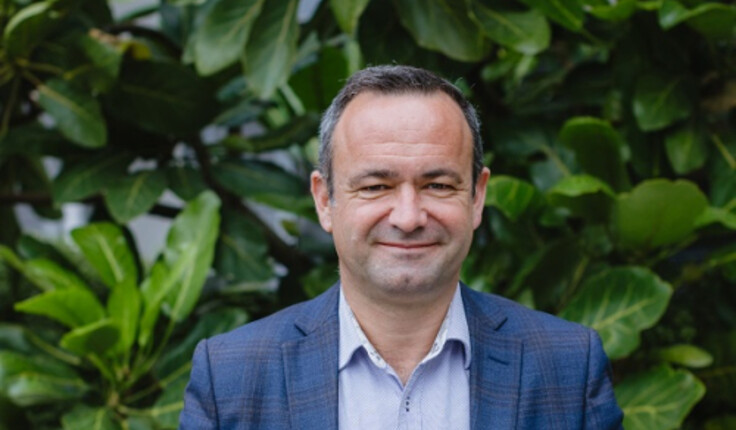
James Palmer - Secretary for the Environment
New Zealand: We must pool our knowledge, understanding and technical capability to help one another.
I’ve had the extraordinary privilege of growing up in a beautiful and relatively benign environment in Hawke’s Bay. It was very much an outdoor experience, growing up in an equable climate in the fruit bowl of New Zealand, I spent my childhood on the beach, beside rivers, and walking in the bush.
Once I became an adult, I learnt much more about New Zealand’s ecological history. I realised the extent of modification and fragility of the environment that I lived in, and that our primary production landscapes were bereft of biodiversity, whilst being challenged by considerable land and freshwater issues, like soil loss, highly contaminated freshwater, drained wetlands, and periodic drought and heavy rainfall.
I lived through Cyclone Bola in the 80s as a child and have since lived through the 2020 flooding in Napier and then most recently, Cyclone Gabrielle. That has given me a great sense of the quality of life and standard of living that has been enabled through the use of our natural capital.
Unfortunately, that this has also placed our collective future wellbeing in peril.
This means for the Ministry for the Environment, there is an urgency to our efforts to work on climate adaptation strategies to secure our landscapes. While we have got many environmental challenges as a country, climate change not only has its inherent negative effects by way of increasing intensity and frequency of droughts, storms, and fires, it also accelerates the existing environmental issues we have around land and water use, and the degradation of our biodiversity.
So, climate change adds an additional stressor, a master stressor if you like, on top of the stressors we already have, so if we focus on other issues such as contaminant discharges to freshwater for example, and pay no attention to climate change, we will be running to stand still or going backward.
The urgency is of course also climate change mitigation, but given that is a global effort and there is inevitable climate change baked in, our need to adapt is as important as our need to mitigate, and our highest priority for adaptation is securing the resilience of our natural systems to be able to withstand a change in climate, so that our physical landscapes are able to cope with things like flooding and increased sea level rise.
What is striking about our land and water is that everything is connected. We know that freshwater and how it interacts with land use and land cover, operates from mountain to sea. We know activities that happen at the top of the catchment have impacts at the bottom of the catchment, we know communities who are residing at bottom can be enormously vulnerable to what happens at the top.
As our climate becomes more intensely variable across our landscape, we are bound more closely together as a community by the impacts. I like to think of climate change as exacerbating or intensifying the dependencies we have on one another, in terms of the actions we take as a community.
So, the systemic response required needs people to work across large catchments and landscapes, and with our capability and capacity as a nation finite relative to the enormity of the challenges we face, we must pool our knowledge, understanding and technical capability to help one another.
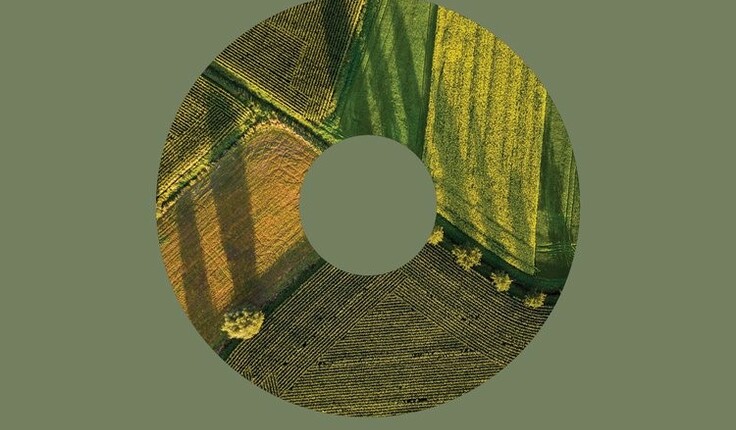
The truth is, many of our most vulnerable communities across our country are often the ones who are least resourced, so that demands more unity of effort and purpose and more collaboration nationally and across regions for people to come together and work on solutions.
Human beings tend to discount the things that they cannot see, or the things that don’t impact them directly, or that sit out into the future. This is described as ‘the tragedy of horizons’, which is to say that we like to prioritise the things that are affecting us personally here and now.
In order for us to deal with the systemic impacts of our past and present choices, and to deal with the impacts on future generations and secure our future, we need to lift our horizons beyond our immediate, both spatially and temporally.
That’s a challenge for the public sector, where our priorities are determined by a three-year electoral cycle and the pressures facing our communities right now such as cost of living. It’s a challenge for business, which can be focused on near term profit, reporting cycles and immediate market conditions.
Collectively, the public and private sectors are at risk of forever discounting the very issues that we need to be most focused on for our strategic interests.
There must be support from the public sector for businesses to take that long-term view, so I think the partnership between public and private sector enables us to create a shared sense of awareness of what sits beyond our immediate concerns and provides an ability to lift the sights of our communities, our competitors, and our decision makers to those bigger more strategic questions that we need to address.
The Aotearoa Circle provides a forum in which we can collectively lift the narrative and the conversation, and we can build the capacity and commitment to action, to deal with those issues, which are not short term or sit merely in the sphere of self-interest.
My personal motivation, or my ‘why’ is to devote my experience, skills, and energy towards helping the people of our country to understand the vulnerability of that which we depend upon, and the urgency by which we need to act, to restore and secure our natural capital and natural systems.
The opportunity with The Aotearoa Circle is to shine a light on the scarcity and finite nature of our natural capital as a nation, the degradation that threatens both the value and health of our natural systems, and to emphasise both the need to act but also the practical opportunities to produce and consume differently in ways which are more regenerative and restorative.
This article is shared with permission from The Aotearoa Circle.
Share
12 Feb
NZILA lodges submission on Planning Bill and Natural Environment Bill
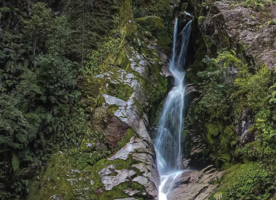
There’s still time to have your say
Tuia Pito Ora New Zealand Institute of Landscape Architects has lodged its formal submission on the Planning Bill and Natural …
09 Feb
Weekly international landscape, climate and urban design update
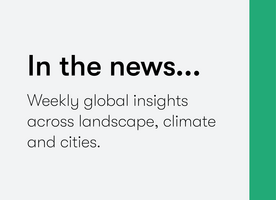
Monday 9 February
This is your weekly international snapshot of what’s happening across landscape architecture, climate adaptation and urban design. Drawing on credible …
02 Feb
RMA Reform submission update
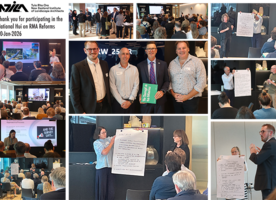
Call for feedback and images
Submission framework The Environmental Legislation Working Group thanks all members who made the effort to join us at the national …
Events calendar
Full 2026 calendar